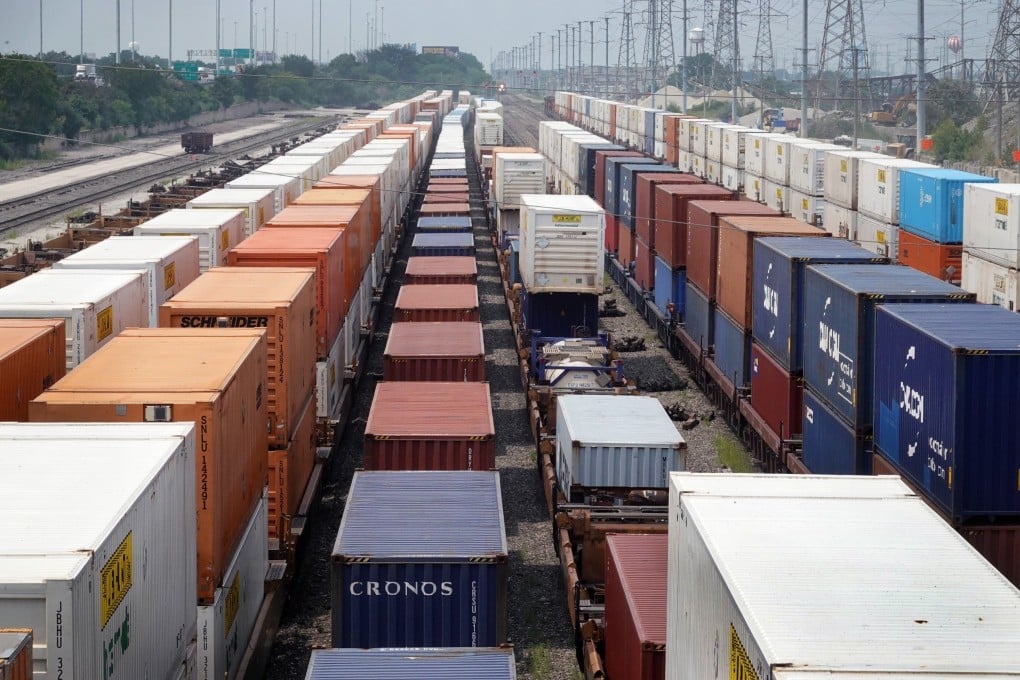Advertisement
Macroscope | How can inflation be transitory if supply chain disruptions are here to stay?
- Increased US-China rivalry, coupled with Covid-19, has caused unprecedented disruptions to supply chains, threatening global production
- The last thing the world needs is for inflation to trigger a disastrous stock market or debt crisis
Reading Time:3 minutes
Why you can trust SCMP
3

How often have we been told by people who cannot see beyond their noses that “everything is under control”? The latest example of such myopia is the attempt to brush off inflation as “transitory” when clearly, it almost certainly is not.
The complacency and faux confidence exhibited by the US Federal Reserve and other central banks about inflation surely means their fear of alarming markets – and the possibly dire consequences for bloated asset prices and global debt – has overcome prudence.
The “transitory phenomenon” theory holds that the recent inflation surge in wholesale and, to a lesser extent, consumer prices in many countries is due to supply chain interruptions, caused primarily by the Covid-19 pandemic’s impact on activity and output.
Advertisement
Prices have risen alongside demand, driven by fiscal and monetary stimulus, even as output falls. This will right itself, say many economists, so just ignore it and it will go away. For central banks, this translates as “don’t panic, look through it and keep on pumping stimulus”.
Even respected figures such as International Monetary Fund chief economist Gita Gopinath argue that economic overheating is unlikely to push inflation well above central banks’ comfort zone. The past four decades, she says, have shown that inflation is unlikely to go above, and stay above, the Fed’s 2 per cent target.

Perhaps not, but past evidence hardly provides a good guide to recent events. As the Institute of International Finance (IIF) observed recently, “... the world has never seen the kind of global supply disruptions we are seeing now”.
Advertisement
Select Voice
Select Speed
1.00x
